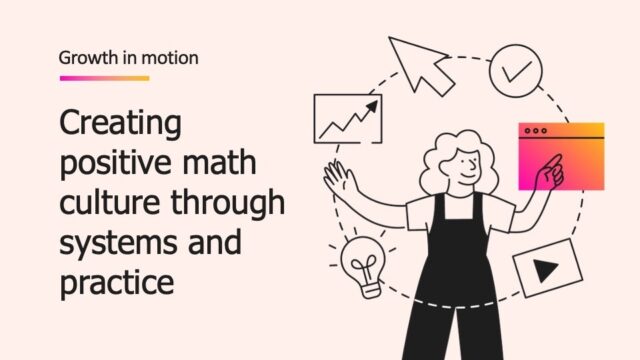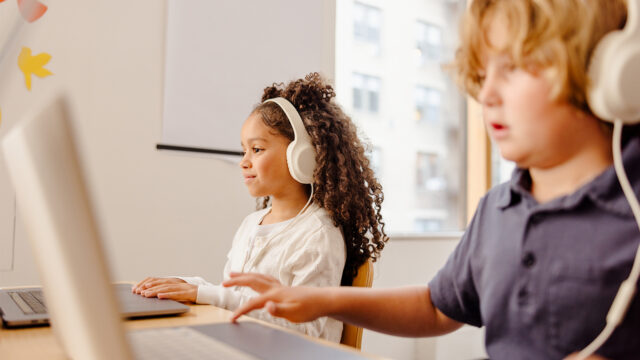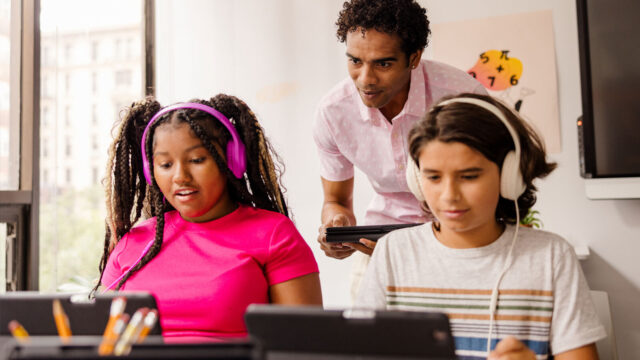
There are many ways to reward students using Positive Behavioral Supports and Interventions (PBIS), a framework for encouraging positive behavior in school. Food is one common way students might be rewarded. However, food might not always be the best choice.
Let’s take a look at why using food as a reward in schools should often be avoided, along with some alternative PBIS incentives.
5 reasons why food rewards should be avoided
Here are five reasons why food, in particular foods high in saturated fats, added sugar, and sodium, might not work as a reward.
1. Schools might have policies against bringing certain foods to school
Some schools have strict policies against bringing certain foods, such as foods high in sugar, fried foods, potato chips, pastry items, and gum (or, seemingly, some of the more popular food reward choices) to school. Here’s an example of a New York City Schools snack policy that covers what foods are or are not allowed.
2. Food might potentially impact students’ health
Some students might have allergies. In fact, according to the U.S. Centers for Disease Control and Prevention, at least 5.8% of children under 18 have a food allergy. Giving food as a reward to students increases the chances of allergic reactions.
3. Some students have food insecurity
According to Feeding America, food insecurity is “when people don’t have enough to eat and don’t know where their next meal will come from.” Nearly 14 million children experience food insecurity annually. Hunger can impact learning in a negative way; No Kid Hungry explains that food insecurity can affect concentration, memory, mood, and motor skills. Because food insecurity is such a serious issue, teachers may want to steer clear of positioning food as a reward, or something to be earned.
4. Eating treats might contradict what students are learning at home
Many families have their own philosophy on feeding their children, including when they’re allowed to eat treats. By issuing food as a classroom reward, you risk compromising the system that students have in place outside of school. This isn’t just potentially confusing for some students; it might also frustrate some family members working hard to establish certain eating habits.
5. Rewarding students with treats might contribute to creating an unhealthy habit
Rewarding students by giving unhealthy treats, especially multiple times, might aid in creating an unhealthy habit. Psychiatrist and neuroscientist Alana Mendelsohn explains: “Habits are context dependent; they strengthen through repetition and associations with cues from the surrounding environment such that their expression becomes dependent on the relevant cues. Once habits form, the perception of the cue is sufficient to automatically trigger the response.”
Food offers short-term gratification, and rewarding students with food could create an environment of expectation where students exhibit appropriate behavior only because they anticipate an immediate reward. If repeated consistently, a habit might form where good behavior is associated with food as a reward. In an article published by MIT’s McGovern Institute for Brain Research, science communicator Shafaq Zia explains that habits are not impossible to break, but it can be tough to do so.
Additionally, there is already an overwhelming number of unhealthy food options that students might encounter. Choosing not to give food as a reward eliminates at least one source of potentially unhealthy food.
Still want to involve food in some way?
Though avoiding food rewards has many benefits, food is not always a bad choice. If you still want to provide treats for students, look for healthy options while still considering food allergies and checking your school’s policy. If allowed, healthier snacks like pretzels, fresh or dried fruit, apple sauce, string cheese, hummus, or granola bars without chocolate could work as tasty snack rewards. Also, you can find ways to involve food in other rewards, such as a themed lunch, a student group lunch with the teacher, or a picnic.
Additional ways to reinforce positive behavior
There are plenty of other ways you can reward students for their positive behavior, such as giving students “classroom dollars” they can use to “purchase” perks (like time to listen to music or extra computer/laptop/tablet time). The articles below provide additional ideas for all grade levels you can implement:

Explore 11 ideas for cheap or free classroom rewards and incentives. No matter what your budget looks like, get your students motivated to participate!

Explore 22 PBIS rewards ideas for individual students, classrooms, and school-wide incentives. Find success in teaching students positive classroom behaviors.

Explore 15 whole-class reward ideas that are either affordable or free. There are a variety of fun and easy options to incentivize your students.
This article was adapted from a blog post initially developed by the education technology company Classcraft, which was acquired by HMH in 2023. The views expressed in this article are those of the author and do not necessarily represent those of HMH.
***
Find more lesson plans and classroom resources on Shaped.
Be the first to read the latest from Shaped.











